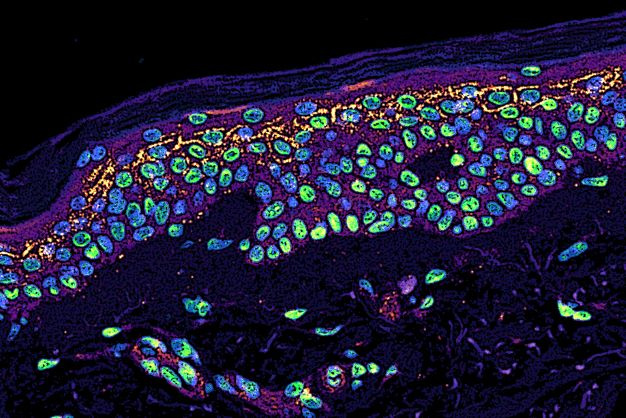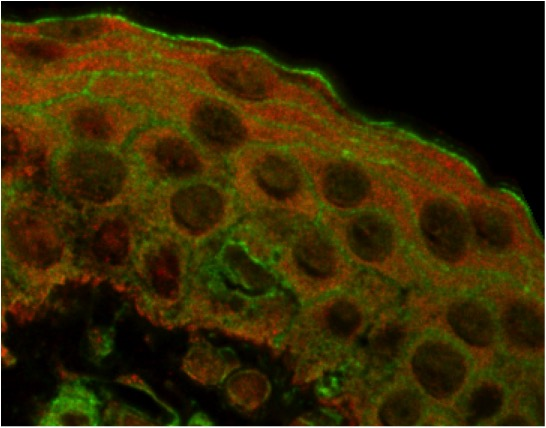Home
Psoriasis

The Burden of Psoriasis: Beyond the Skin
Psoriasis is an immune-mediated disease affecting the skin and sometimes the joints. Its high prevalence, chronic nature and associated health problems pose a challenge for the patients affected as well as for the health care system. Recent advances in the understanding of the immunological mechanisms driving this disease have led to improved treatment strategies, but psoriasis continues to impose a significant physical and psychological burden on patients.
Given its visibility as a skin disease, psoriasis is associated with stigmatisation and psychological distress, often triggered by the negative reactions of others. At the same time, symptoms such as itch, burning sensations, and pain have a substantial impact on the physical well-being of psoriasis patients. Comparative studies with diseases such as cancer and heart failure have shown that its impact on psychological and physical well-being is profound.
Modern Therapies: From Biologics to Long-Term Disease Modification
Understanding the mechanisms underlying the disease as well as factors triggering it (such as infections, stress, or genetic factors) is crucial for effective treatment. While topical therapies are sufficient for mild cases, moderate-to-severe psoriasis requires either phototherapies or systemic medication. The advent of pathogenesis-oriented targeted therapies such as so-called biologics and small smart molecules has markedly improved outcomes to an extent that a majority of patients can hope for (almost) clear skin. Clinical studies currently ongoing explore the possibility of modifying the course of the disease in the long run with the intention to minimise the need for therapeutic interventions.
Holistic Management: The Role of Specialised Centres and Interdisciplinary Teams
To date, dedicated centres offer comprehensive approaches to managing psoriasis along with its associated health problems (comorbidities) such as joint involvement and cardiovascular or metabolic diseases, through interdisciplinary collaborations. Such teams typically comprise dermatologists, rheumatologists, cardiologists, diabetologists, dieticians, and specialised nurses.
In conclusion, psoriasis represents a multifaceted challenge that requires a holistic approach to treatment and management. Despite advances in the understanding of its pathogenesis and the development of targeted therapies, further research is needed on all aspects mentioned above to achieve disease modification, remission, and finally cure of this common, often severe, and sometimes even serious disease.
Read below to learn more about the specific research on psoriasis carried out at the GCIR.


